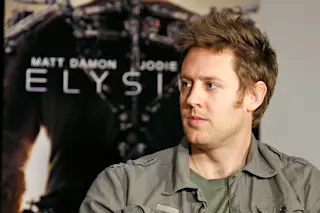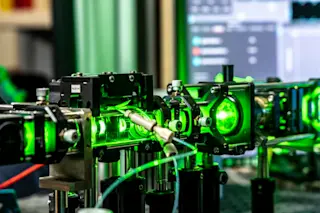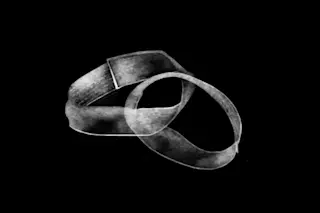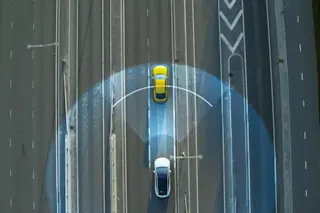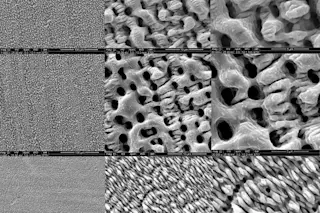Director and writer Neill Blomkamp rocketed into the public eye with 2009’s gripping and inventive District 9, a sci-fi flick set in his native Johannesburg. The movie had all the whiz-bang effects and zap-happy gunfights we expect from the genre, but strong acting and a storyline evocative of apartheid-era South Africa won it critical acclaim as well.
Blomkamp is back at the helm with the dystopian Elysium, due in theaters Aug. 9. He’s got big stars — Jodie Foster and a bald Matt Damon — and a big budget, estimated to be more than three times the size of District 9’s modest $30 million price tag. But one thing Blomkamp says he doesn’t have is a big worry about meeting stratospheric expectations for the movie. Blomkamp explained to DISCOVER Associate Editor Gemma Tarlach why he’s confident he’s made a movie that will satisfy the fanboy in us all.
Discover: Where ...


